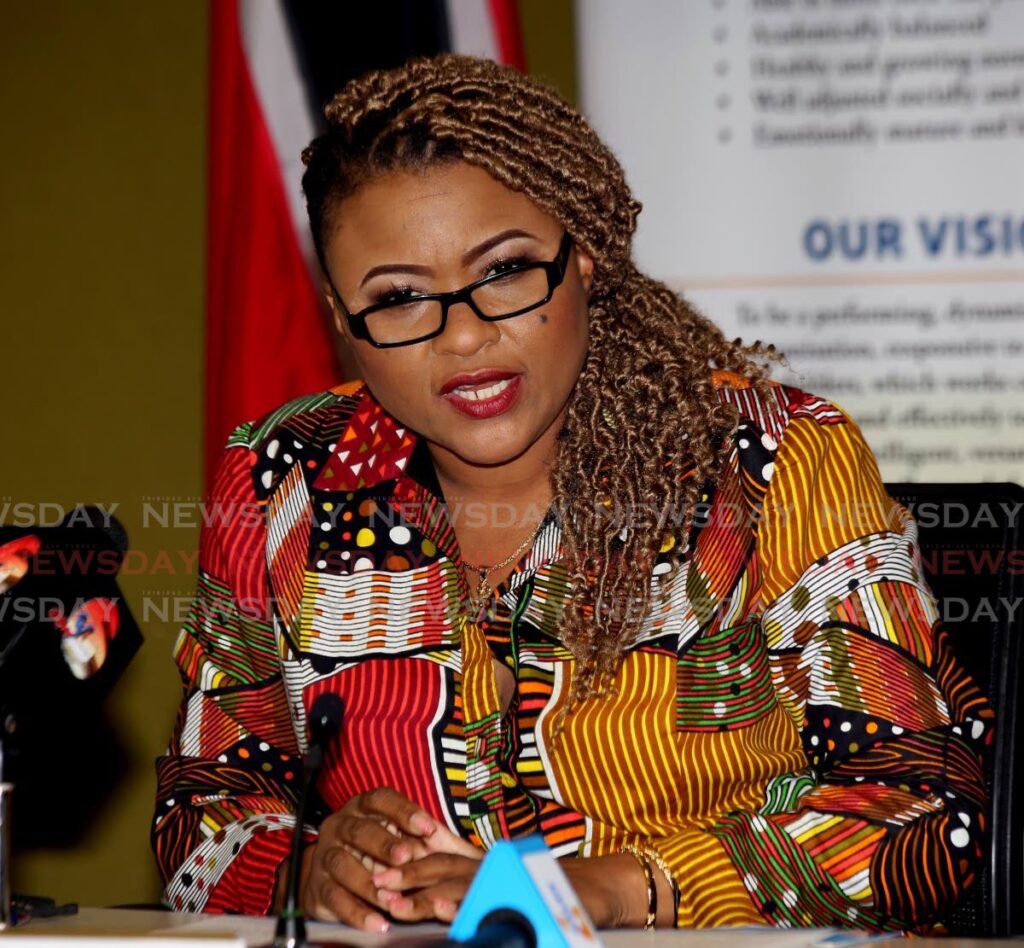Outdated practice, outdated exam

THE MINISTRY of Education’s decision to depart from its usual practice of publishing – on the basis of merely preliminary results – the top-placed students in the Secondary Entrance Assessment (SEA) examination is welcome, and should be the norm going forward.
At a media conference on Friday, Minister of Education Dr Nyan Gadsby-Dolly announced the list of top students will only be finalised after the traditional review period has elapsed. Further, that list will only be available on written request.
In April, the minister strongly signalled the writing was on the wall for the old modus operandi of ranking and naming top performers.
Not only did this practice result in an embarrassing and undignified spectacle of President’s Medal winners having their top billing withdrawn and their rankings rescinded earlier this year, but it has long outlived its usefulness as a motivating factor for students.
In fact, far from motivating students, it has arguably had the opposite effect.
The minister noted yesterday, “This public practice has resulted in students who have performed admirably, even to secure a second place in their first-choice secondary school, having their performances overshadowed by an unhealthy competitiveness, often driven by parents, over relative examination scores, which are preliminary,”
She said the ministry was “extremely concerned that this practice now has the potential to have our young scholars now put under undue pressure to secure a high ranking in the SEA examination and diminish their self-worth.”
The whole rationale of the SEA, which replaced the Common Entrance examination – which itself replaced the College Exhibition – was to bring the education system to a place where students would not be subjected to the anxieties of competition for places in schools, prestige or otherwise.
All students who excel should be celebrated. But naming top performers, especially for an examination taken at so young an age, and in which differences in scores can be extremely small, is not necessarily the best way to do this.
Rather, it has always been an echo of an older, colonial system which subjected students to high-stakes assessment and ideas of exclusion.
Of course, for many students who annually sit the SEA, the stakes remain unacceptably high. The ideal of continuous assessment has routinely been sidelined, even as experts know enough about the adverse impact of high-stress exams on the mental health of youngsters.
The minister’s position on top performers points to the deeper issue with this examination: its very existence.
The lack of face-to-face classes during the pandemic presents the State with an opportunity to reflect on the future of this examination, as does the revelation on Friday that rates of performance are in decline.
Just as the practice of naming top performers is now outdated, so too are this examination and all of its stresses.


Comments
"Outdated practice, outdated exam"